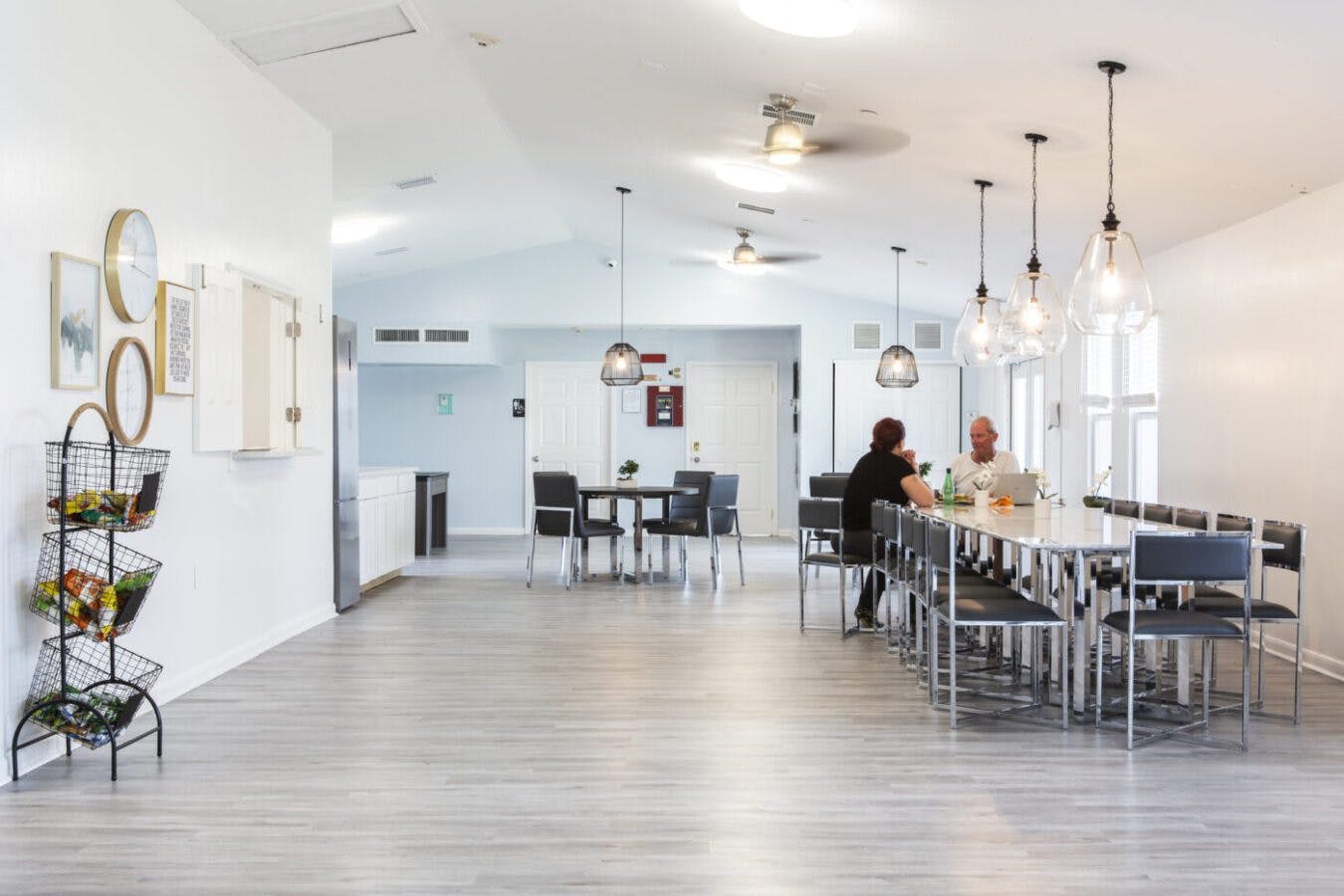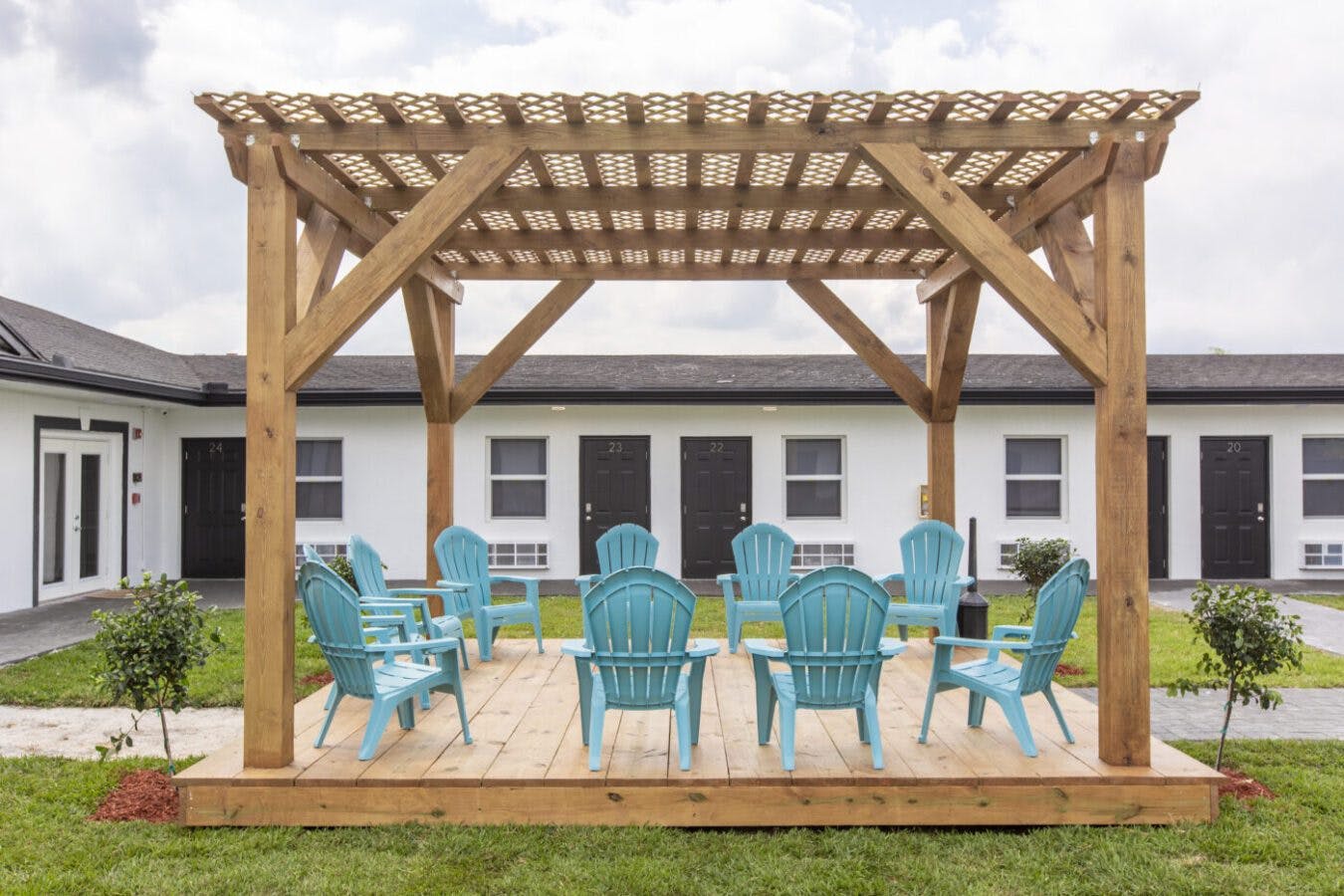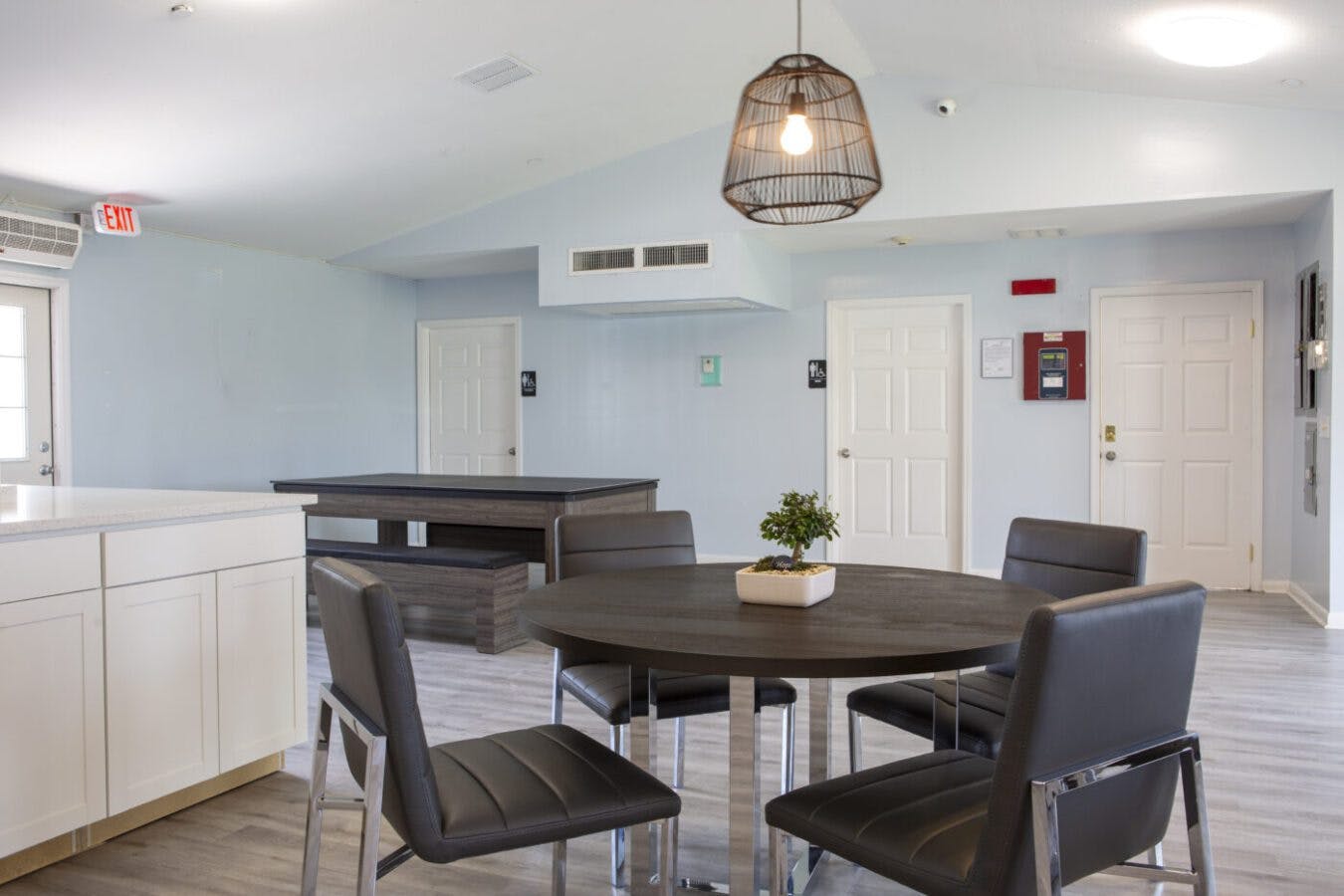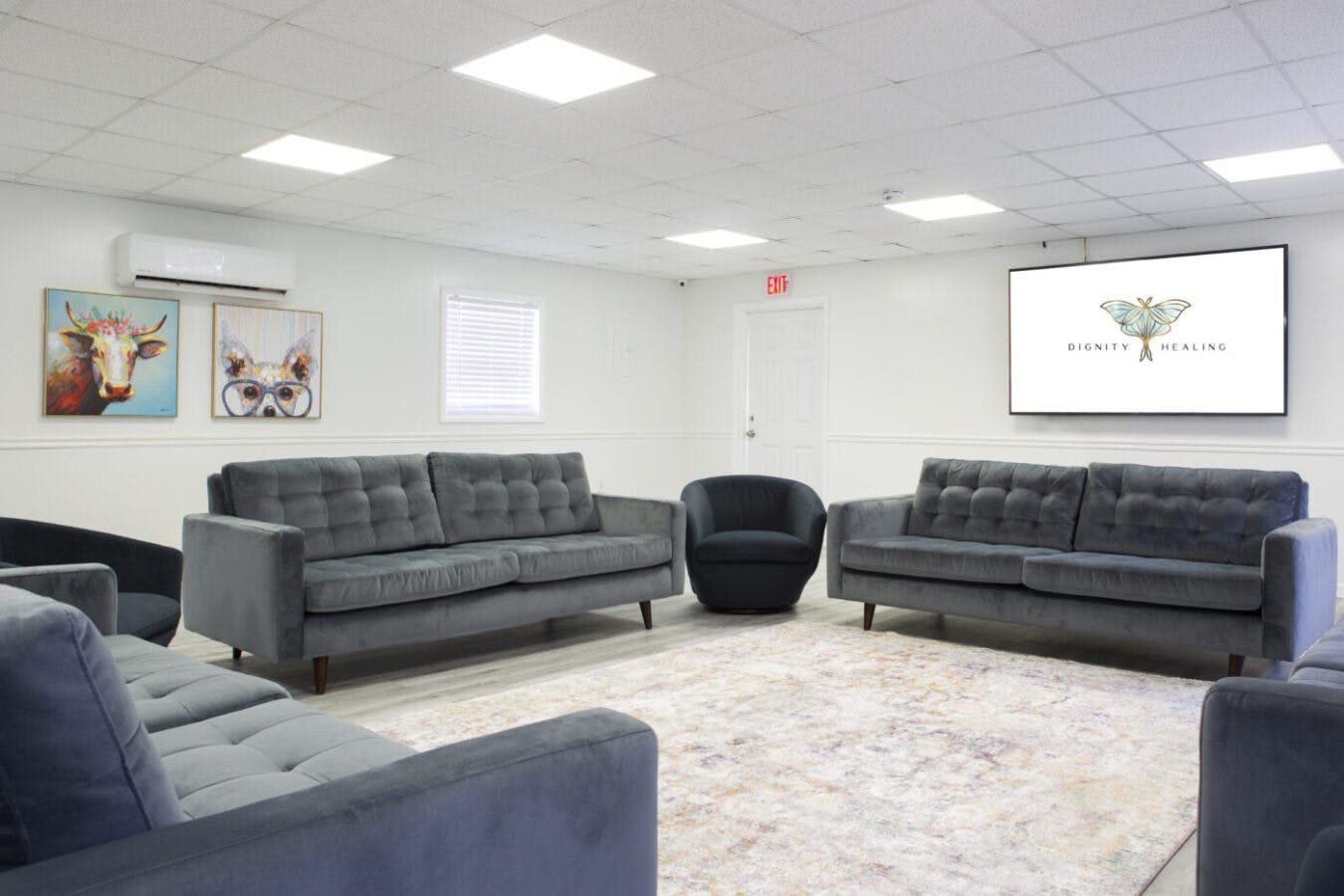Location Overview
Our state-of-the-art facility offers a level of comfort that mimics home. Each room contains a smart TV, PlayStation 4, and memory foam bed.
Breathtaking scenery offers the inspiration and motivation you need to heal inside and out. Residents at our facility enjoy nightly recovery meetings and brisk nature walks.
Addiction counselors
Therapists
Nutritionists
Doctors and nurses
Programs and Services
Services & Treatment
- Coronavirus Testing
- Co-Occurring Disorder Treatment
- Safe Medical Detox
- Inpatient Residential
Therapies
- Treatment Medications
- Proven Addiction Therapies
- Trauma-Based Therapies
- One-on-One Counseling
- Family Therapy
- Holistic Approaches
Groups & Activities
- Group Therapy
- Art and/or Music Activities
- Stress Management & Mindfulness
- 12-Step Groups
- Weekend Outings
Specialized Programs
- Chronic Mental Illness Treatment
Post Treatment
- Sober Housing Available
- Alumni Support
Frequently Asked Questions
Why Zinnia Health Lake Okeechobee

Treatment Protocol
Designed to break through to core-issues
Treatment Options
Tailored to your needs
Spacious Rooms
With comfortable beds, TVs, kitchen & laundry facilities
Formal Alumni
Aftercare programs
Paying for care shouldn't be an issue.
We accept most insurance providers.
Zinnia Health Lake Okeechobee is in-network with many leading insurance companies.
Select your insurance provider to check your coverage & verify your insurance.




























